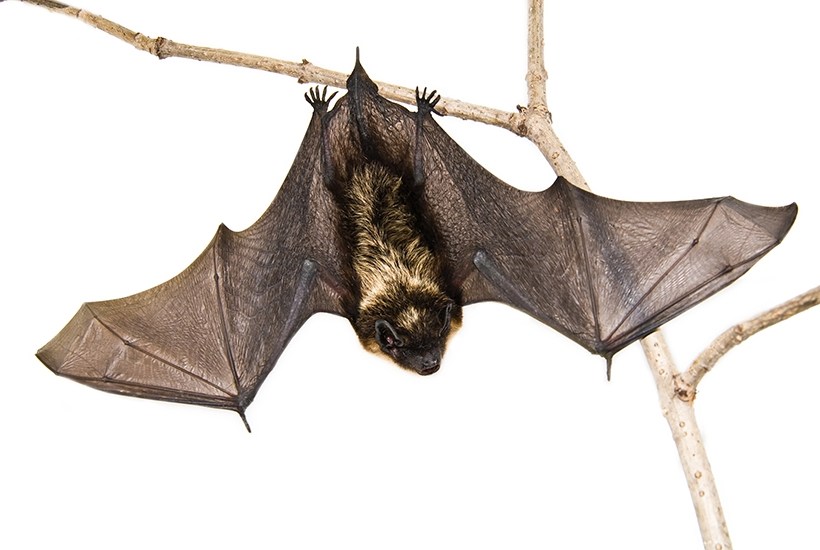My husband may not often be right, but he had some cogent criticism of the much-quoted words of Geoffrey Howe at his resignation in 1990: ‘Rather like sending your opening batsmen to the crease only for them to find, the moment the first balls are bowled, that their bats have been broken before the game by the team captain.’
As my husband remarks, it is no easy task to break a bat and conceal the deed from the opening batsmen until they are already at the crease. No matter. Cricket does inspire figures of speech, and one is ‘off his own bat’.
You’ll often hear it as ‘off his own back’, which is misconceived. An early citation in the Oxford English Dictionary is from Sydney Smith, that witty clergyman, in an 1845 defence of Irish priests charging fees to support themselves. Smith compared their plight with the comfort of Robert Hodgson, the dean of Carlisle, who got £1,500 a year from the living of St George’s Hanover Square and the same again for the deanery. ‘But suppose,’ said Smith, ‘he had no revenues but what he got off his own bat.’
The funny thing (if you are ready to be entertained) is that mixing up back and bat explains the very word bat — not the cricket bat but the nocturnal winged creature. Until Shakespeare’s time it was a bakke. The transition is recorded in a French-English dictionary from 1580 compiled by Claudius Hollyband (called Claude de Sainliens before he left France). He translates chauvesouris as ‘a Backe, some call it a Bat’.
If chauve-sourismeans ‘bald mouse’, the word in English from Anglo-Saxon times until bakke came in, about 1300, was reremouse (or rearmouse in a later spelling). It persisted in isolated communities, such as the Gower peninsula and the College of Arms (where heralds use reremouse in coats of arms).
The rere- element is obscure. It’s not like reredorter, the monastic lavatory at the rear of a dormitory or dorter. It might mean ‘shake’, aligning reremouse with fledermaus in German, later imitated in English as flittermouse. In a play Ben Jonson calls it flickermouse. Flitter and flicker, bakke and bat: there’s nothing new in confusing one’s back and one’s bat.
Got something to add? Join the discussion and comment below.
Get 10 issues for just $10
Subscribe to The Spectator Australia today for the next 10 magazine issues, plus full online access, for just $10.
You might disagree with half of it, but you’ll enjoy reading all of it. Try your first month for free, then just $2 a week for the remainder of your first year.















Comments
Don't miss out
Join the conversation with other Spectator Australia readers. Subscribe to leave a comment.
SUBSCRIBEAlready a subscriber? Log in